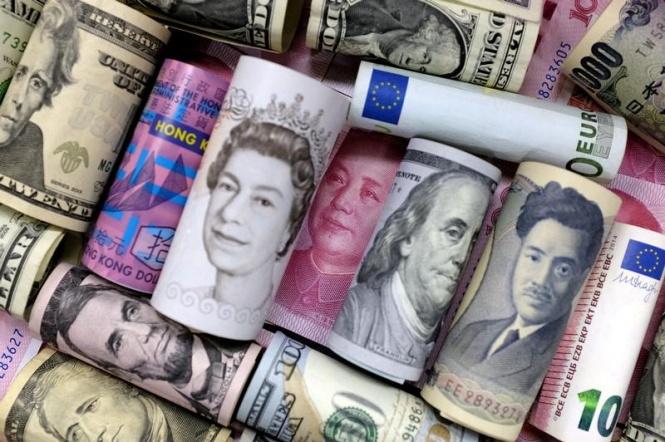
Sterling could not bear the burden of fears about the state of the global economy, and weak data from China increased the outflow of investors and the sale of currencies, which are considered riskier.
The pound, which at the end of the year struggled to move forward against the background of Britain's withdrawal from the European Union, fell to its lowest level since April 2017 in early Asian trading after a "sudden collapse", provoked by the Japanese yen, which caused massive sales. The British currency fell to 1.2409 dollars and to 91.02 pence per euro, which is a 16-month low. By the opening of European markets, the situation has somewhat stabilized, but the pound continued to fall. In relation to the dollar, it fell by 0.3 percent, to 1.2569 dollars. In relation to the euro by 0.7 percent - 90.535 pence.Given external factors, it can be assumed that the fall will continue. Particular attention should be paid to the publication of a comprehensive review of the UK construction sector. Analysts expect it to be 52.9 points in December compared to 53.4 in the previous month. The decline in activity in one of the important industries for the country's economy will pull the pound down.
An additional negative factor for the currency is also the reduction in expectations of an increase in interest rates by the Bank of England in 2019 and concerns about whether British Prime Minister Theresa May can convince lawmakers to support the Brexit agreement until March. Parliamentary debates about the May deal with Brussels begin next week, and the vote is scheduled for January 14th.
